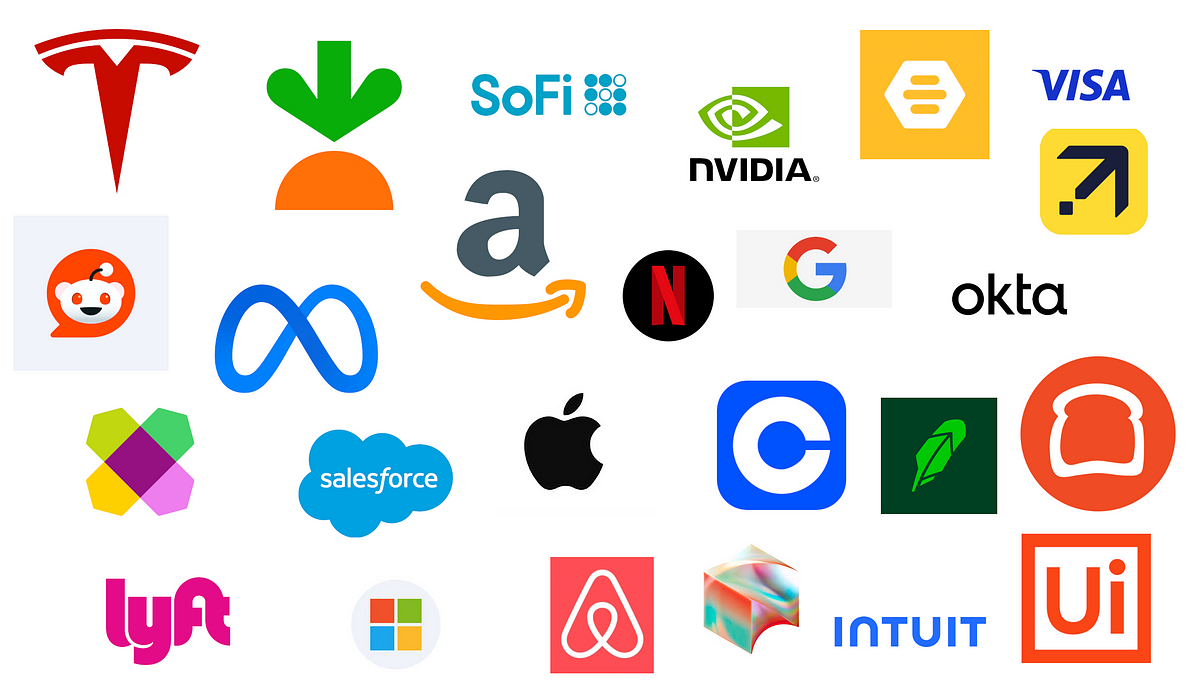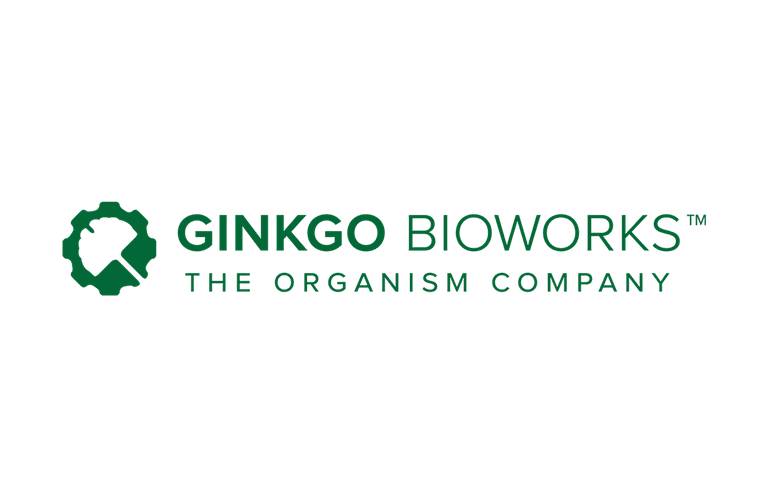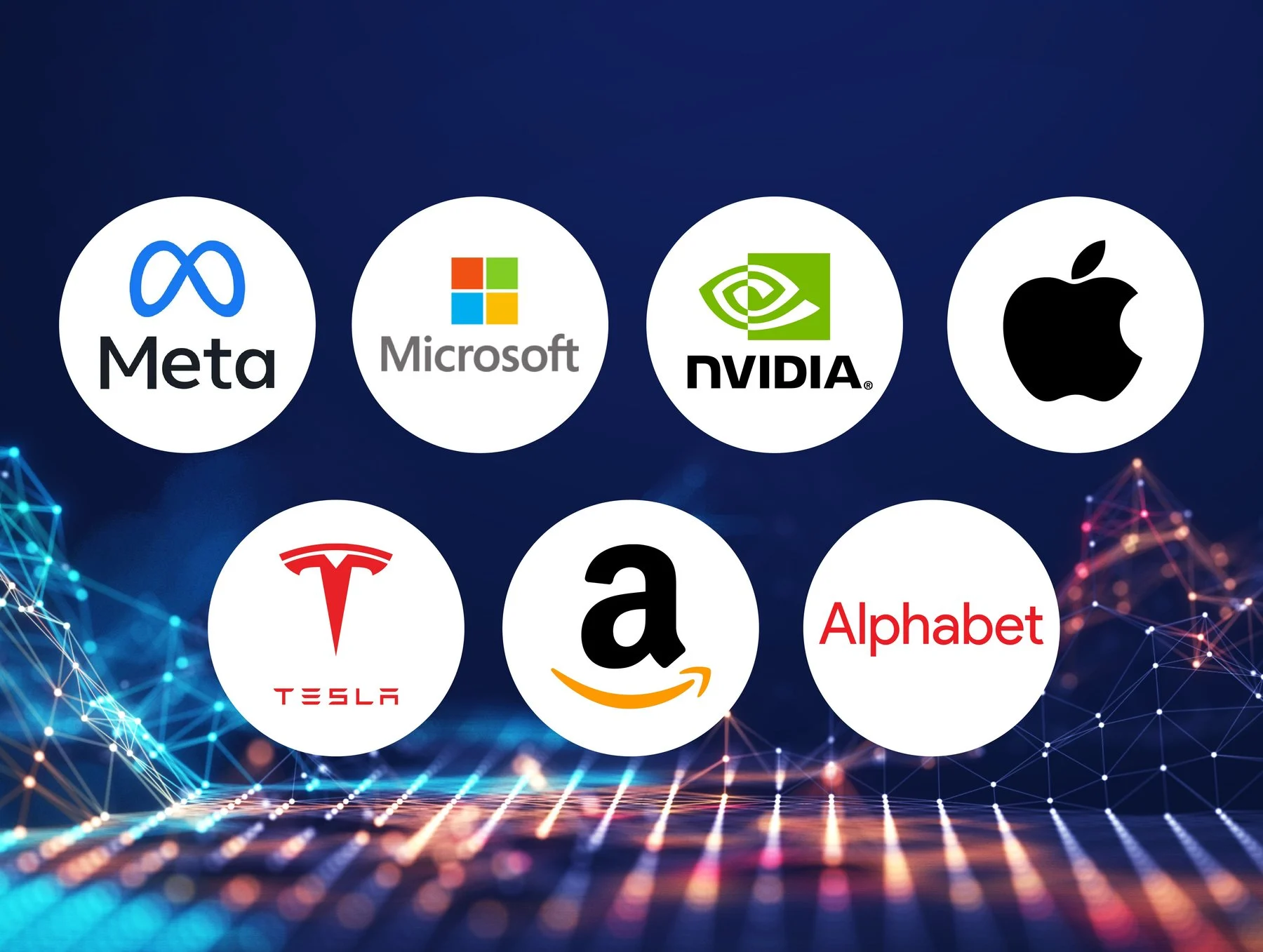The technology of 2025 is witnessing unprecedented innovation across multiple sectors, with emerging companies revolutionizing everything from artificial intelligence to quantum computing. Global venture capital investment in startups has exceeded $250 billion, with technology-heavy sectors receiving the lion’s share of funding. These emerging tech companies are not just creating incremental improvements but are fundamentally reshaping industries through breakthrough technologies and disruptive business models.
The current technological revolution spans diverse domains including generative AI, quantum computing, synthetic biology, fintech, and sustainable energy solutions. Investment patterns show a clear shift toward sustainability-focused solutions like green hydrogen and carbon capture, while AI-driven healthcare, generative AI, and quantum computing are forecasted to lead the next wave of venture capital interest. These companies are characterized by their ability to deliver scalable applications that address real-world challenges while maintaining strong growth potential.
What makes 2025 particularly exciting is the convergence of multiple technological trends. Artificial intelligence is becoming more sophisticated and accessible, quantum computing is moving from theoretical to practical applications, and biotechnology is enabling unprecedented medical breakthroughs. Meanwhile, the focus on sustainability is driving innovation in clean energy and environmental technologies. These emerging companies are not just riding individual technology waves but are creating synergies between different technological domains to solve complex global challenges.
The companies featured in this analysis represent the most promising ventures that are introducing new ideas, demonstrating clear growth strategies, and building sustainable products that promise to transform their respective industries.

AI and Machine Learning Pioneers
Perplexity AI stands out as one of the most rapidly growing AI companies, experiencing 9,500% search growth over five years and attracting 174.1 million monthly visitors. Founded in 2022, this San Francisco-based company has created a conversational search engine that combines multiple large language models, including OpenAI’s GPT-4, Anthropic’s Claude 3, and Google DeepMind’s Gemini. The company reached unicorn status by raising $62.7 million at a $1.04 billion valuation and expressed interest in raising $1 billion at an $18 billion valuation.
DataRobot offers an enterprise AI platform that automates the process of building, deploying, and monitoring machine learning models at scale. Their platform accelerates AI adoption across industries, enabling organizations to make data-driven decisions and optimize operations. The company’s focus on enterprise solutions positions it well in the growing market for business AI applications.
Runway has emerged as a leader in generative AI for creative applications, achieving 7,500% search growth and attracting 14.9 million monthly visitors. The company creates AI models for videos, images, and multimedia content, with their Gen-1 and Gen-2 systems enabling video-to-video and text-to-video generation. Runway has raised over $236 million from investors including Google, Nvidia, and Salesforce.
Quantum Computing and Advanced Hardware
PsiQuantum is building the world’s first scalable, fault-tolerant quantum computers using silicon photonics technology. The company aims to revolutionize industries like cryptography, pharmaceuticals, and AI optimization through quantum computing applications. Their approach using silicon photonics represents a unique pathway to achieving practical quantum computing at scale.
Groq has developed specialized AI hardware with its Language Processing Unit (LPU) technology that delivers low-latency, high-efficiency inference for AI workloads. Founded in 2016, the company raised $640 million in Series D funding at a $2.8 billion valuation. Their GroqCloud platform and ChatGPT-like chatbot demonstrate the practical applications of their hardware innovations.
Biotechnology and Synthetic Biology

Ginkgo Bioworks, known as the “organism company,” engineers microbes for custom industrial applications in agriculture, health, and food production. The company represents the growing field of synthetic biology, where biological systems are engineered to create new products and solutions. Their platform approach to biological engineering enables rapid development of custom organisms for various industrial applications.
The biotechnology sector is experiencing significant growth as companies develop new approaches to healthcare, agriculture, and manufacturing through biological systems. These companies are leveraging advances in genetic engineering, synthetic biology, and bioprocessing to create innovative solutions.
Fintech and Blockchain Innovation
Airwallex provides global fintech solutions including business banking, core APIs, and embedded finance services. The Melbourne-based company has raised over $900 million at a $5.2 billion valuation, offering multi-currency accounts in 60+ countries and payment acceptance in 180+ countries. Their comprehensive financial services platform addresses the growing need for global business banking solutions.
CleanSpark represents the intersection of cryptocurrency and clean energy, describing itself as “America’s Bitcoin Miner”. The company develops bitcoin mining infrastructure across the U.S. and recently secured a $200 million loan backed by its bitcoin holdings, demonstrating innovative approaches to cryptocurrency business models.
Data and Analytics Platforms

Databricks has achieved remarkable growth with 520% search growth over five years and serves over 10,000 global customers. The company’s Data Intelligence platform combines data lakehouse capabilities with generative AI models, creating a unified foundation for data and governance. In January 2025, Databricks secured $15.3 billion in funding at a $62 billion valuation, making it one of the most valuable private technology companies.
Innodata specializes in data engineering for generative AI models, experiencing 493% EPS growth. The company launched a beta version of its Generative AI Test & Evaluation Platform powered by NVIDIA technology, helping companies enhance AI model safety and performance.
Emerging Technology Trends and Market Dynamics
The emerging technology is characterized by several key trends. AI startups are revolutionizing sectors by automating manual operations and pushing for AI adoption in marketing and healthcare. Climate change awareness is driving companies to focus on reducing carbon footprints through innovations like electric vehicles and renewable energy solutions.
Fintech firms are offering new tools, including blockchain, digital wallets, and decentralized finance as alternatives to traditional banking. Web3 technologies are enabling greater user control over data, allowing direct buyer-seller interactions without intermediaries.
E-commerce startups are transforming shopping experiences through direct-to-consumer models using data insights and machine learning. These companies are creating personalized customer journeys that increase brand loyalty and improve conversion rates.
Investment and Future Outlook
The venture capital shows strong continued investment in emerging technologies, with predictions suggesting a shift toward sustainability-focused solutions. Sectors such as AI-driven healthcare, generative AI, and quantum computing are expected to lead the next wave of investment interest, with emphasis on companies delivering clear, scalable applications.
These emerging tech companies face significant challenges, including high competition due to rapid innovation, regulatory uncertainties, and the need to scale quickly in competitive markets. However, the companies that successfully navigate these challenges are positioned to become the technology leaders of the next decade.
The convergence of multiple technology trends creates unprecedented opportunities for companies that can integrate different technological capabilities. As we progress through 2025, these emerging companies will likely continue to reshape industries and create new market categories through their innovative approaches to solving complex global challenges.




